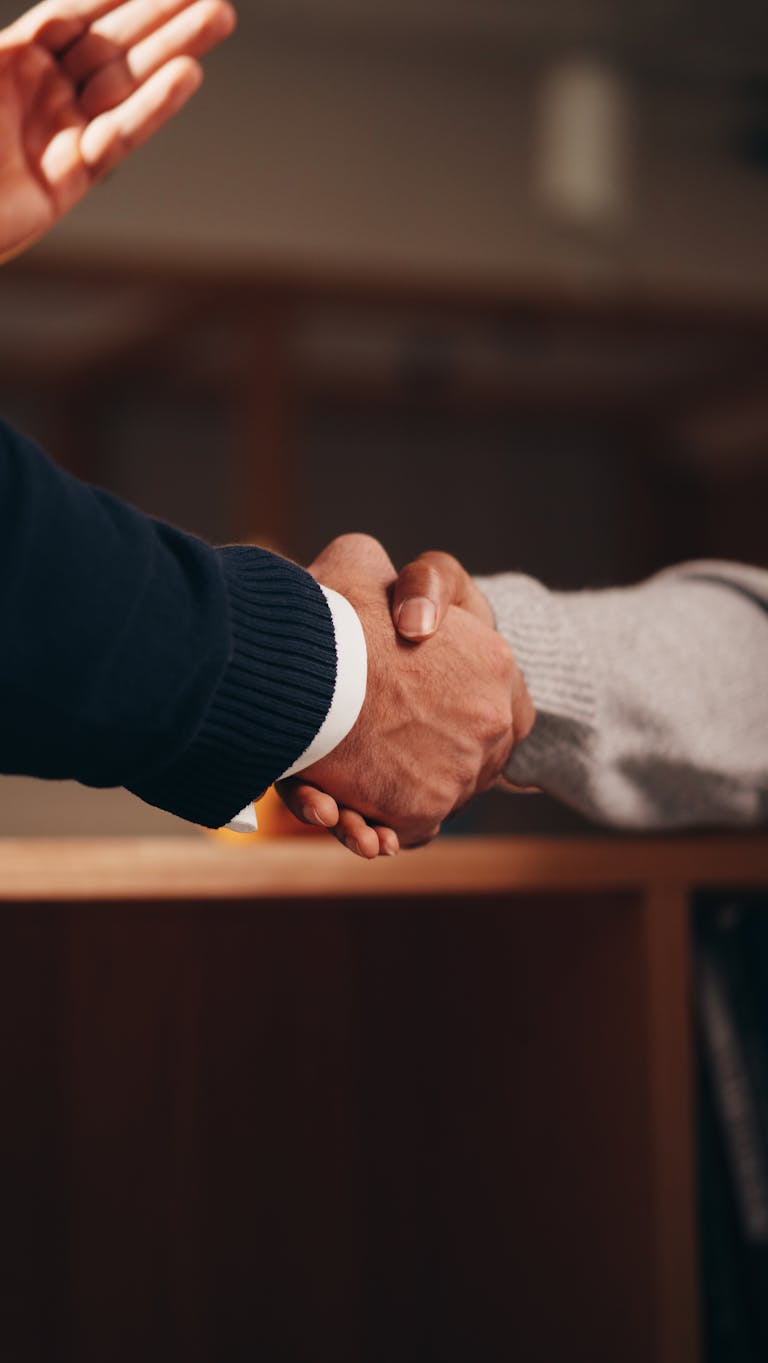Introduction
Social media has become an integral part of our lives, allowing us to stay connected with friends, family, and the world around us. However, as social media use increases, so does its impact on our mental health. While social platforms can bring people together, they also come with a host of negative consequences, such as anxiety, depression, and low self-esteem. Understanding these impacts and learning how to manage your social media use is crucial for maintaining good mental health.

1. The Psychological Effects of Social Media
Social media platforms are designed to engage users, often leading to excessive use. The constant scrolling through posts, likes, and comments creates a feedback loop that can impact our emotions. While some users experience positive feelings from online interactions, others may find themselves feeling isolated, anxious, or depressed.
Comparison and Self-Esteem: One of the most significant ways social media affects mental health is through comparison. Many individuals post curated, idealized versions of their lives, which can lead to feelings of inadequacy. Comparing yourself to these polished images can negatively impact your self-esteem and contribute to body image issues and dissatisfaction.
FOMO (Fear of Missing Out): Social media can also trigger FOMO, a feeling that you’re missing out on important experiences or opportunities. When you see others posting about exciting events, travels, or social gatherings, it can lead to feelings of loneliness and anxiety, as you may feel left out or disconnected from your peers.
2. The Connection Between Social Media and Mental Health Issues
Studies have shown a direct connection between excessive social media use and mental health problems. People who spend large amounts of time on social media are more likely to experience depression, anxiety, and sleep disturbances. The constant stream of information, notifications, and comparisons can overwhelm the mind and increase feelings of stress and pressure.
Anxiety and Stress: The need to constantly check social media for updates or notifications can create anxiety. When you’re waiting for likes, comments, or followers, it can lead to an unhealthy obsession with online validation. Additionally, news on social media can often be negative, causing stress and increasing worry about global issues or personal circumstances.
Depression and Loneliness: Research has also shown that people who use social media excessively may experience higher levels of depression and loneliness. Despite being more connected online, many users feel isolated in real life, as digital interactions replace face-to-face conversations, which are vital for emotional connection and support.
3. How to Manage Social Media Use for Better Mental Health
The good news is that there are several effective strategies for managing social media use in a way that minimizes its negative impact on mental health. Here are some practical steps you can take:
Set Time Limits: One of the simplest ways to manage social media use is by setting time limits. Decide how much time you want to spend on social media each day, and stick to it. Many smartphones have built-in features that allow you to track and limit your screen time, making it easier to stay accountable.
Curate Your Feed: If your social media feeds are causing stress or negative emotions, it may be time to curate them. Unfollow accounts or pages that trigger feelings of jealousy, inadequacy, or sadness. Instead, follow accounts that inspire you, bring joy, or promote positivity.
Turn Off Notifications: Social media notifications can be a major source of distraction and stress. Constantly checking your phone for updates can take you away from important tasks and increase anxiety. Turning off notifications will help you stay focused and reduce the urge to check your phone throughout the day.
Practice Digital Detox: Taking breaks from social media is a powerful way to regain control over your mental health. Consider scheduling regular digital detox days, where you disconnect completely from social media for a set period. This will give you the opportunity to focus on offline activities, recharge your mind, and reduce stress.
Limit Social Media Before Bed: Avoid using social media right before bed, as the blue light from screens can disrupt your sleep cycle and make it harder to fall asleep. Instead, engage in relaxing activities such as reading, journaling, or meditation to wind down before sleep.
4. The Importance of Real-Life Connections
While social media can provide a sense of connection, it cannot replace the value of face-to-face interactions. Building and nurturing real-life relationships is essential for maintaining good mental health. In-person conversations allow for deeper emotional connections, empathy, and support that cannot be replicated online.
Make an effort to spend quality time with family and friends offline. Whether it’s having a conversation over coffee, going for a walk, or attending social events, these moments of connection are essential for emotional well-being and can help combat feelings of loneliness and isolation.
5. The Role of Mindfulness in Social Media Use
Mindfulness involves being fully present and engaged in the moment without judgment. Practicing mindfulness can help you become more aware of how social media affects your emotions and behavior. By observing your reactions to social media posts, you can develop a more balanced and intentional relationship with it.
Try to practice mindfulness when using social media. Take a moment to check in with yourself and notice how certain posts or interactions make you feel. If you find yourself feeling negative or stressed, take a step back and reassess your use of social media.
6. The Long-Term Benefits of Managing Social Media Use
By taking control of your social media habits, you can experience long-term improvements in your mental health. Managing your use of social media reduces the risk of anxiety, depression, and loneliness. It also gives you the mental space to focus on real-life relationships, hobbies, and personal growth, leading to greater emotional well-being.
The goal isn’t to eliminate social media entirely but to use it in a way that supports your mental health. By setting boundaries and practicing mindful use, you can enjoy the benefits of social media without letting it negatively affect your mental well-being.
Q: How can I reduce the anxiety caused by social media?
A: Reducing anxiety from social media involves setting time limits, curating your feed to include positive content, turning off notifications, and taking regular breaks from digital platforms.
Q: Can social media lead to depression?
A: Yes, excessive use of social media has been linked to higher levels of depression. The constant comparison and lack of face-to-face interaction can contribute to feelings of isolation and sadness.
Q: What are some strategies to prevent social media from affecting my mental health?
A: You can limit screen time, unfollow accounts that trigger negative emotions, practice mindfulness, and spend more time offline with friends and family to protect your mental health.
Take Control of Your Mental Health – Manage Your Social Media Use Today! Set boundaries, engage in real-life connections, and prioritize your well-being. Start managing your social media use for a healthier and happier you!

I’m EKBAL HOSSAIN MONDAL, the creator of SmartSolveTips.com — a blog dedicated to helping people improve productivity, avoid digital burnout, and live better online. With years of hands-on experience in self-development and digital wellness, I write practical tips and tools to help you stay focused and thrive in a fast-paced digital world.






